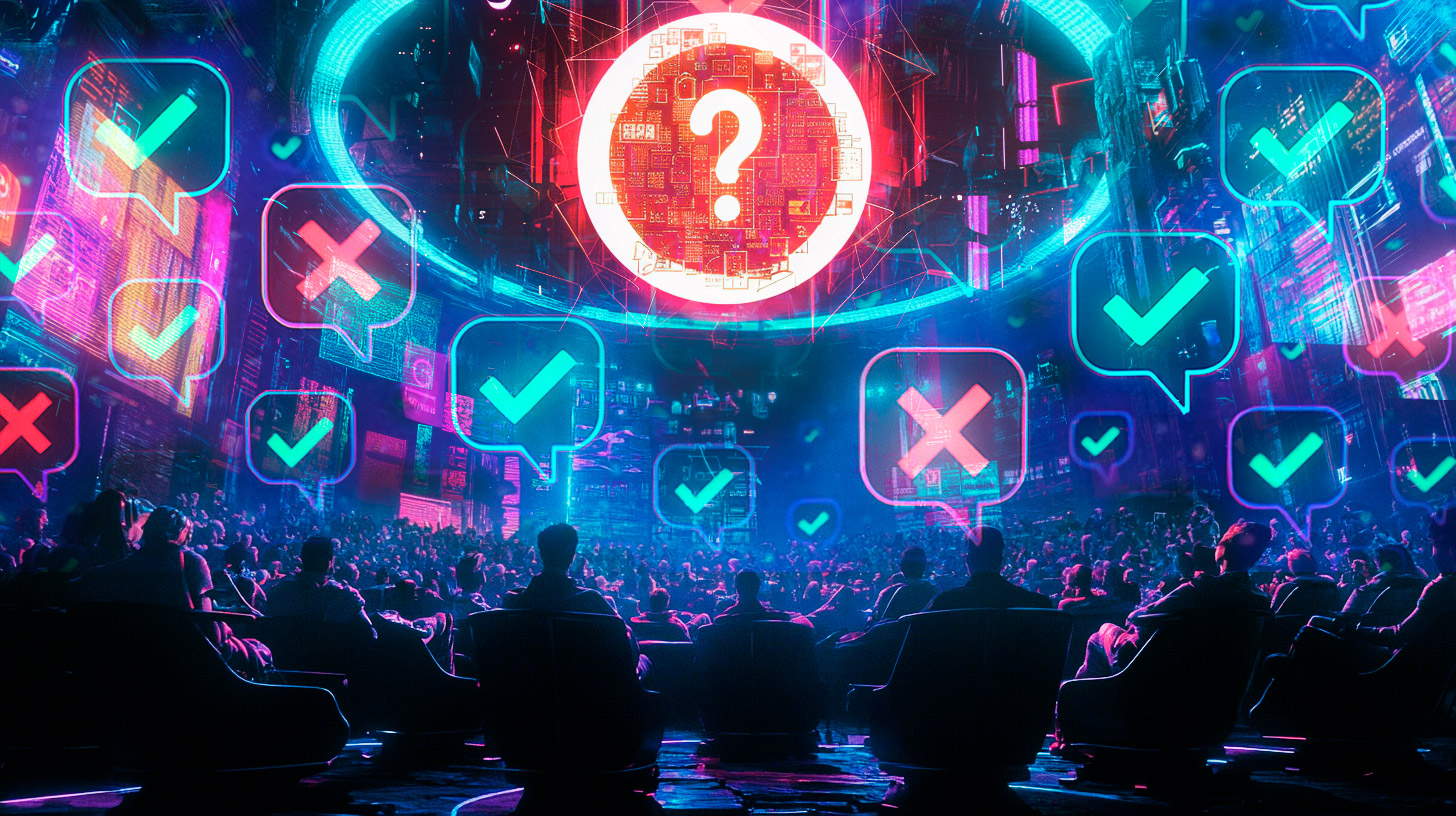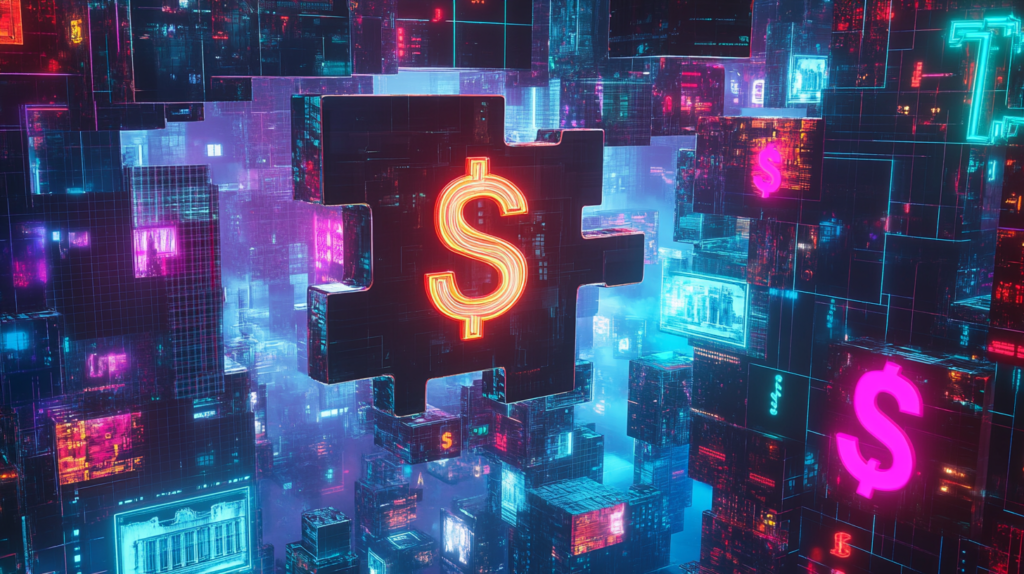Decentralization is no longer just a technical term; it is becoming part of a new way of thinking about the world. In times of profound transformation, centralization — once synonymous with organization, control, and security — is being replaced by more open, distributed, and collaborative models.
This is the spirit of the digital age: multiple perspectives, many hands in creation, and multiple paths to value.
Why Does Decentralization Matter Now?
It’s no coincidence that decentralization is at the heart of discussions around technology, economics, management, and digital culture. It addresses a global scenario marked by:
• Complex problems that require networked solutions (climate change, inequality, institutional crises);
• Growing distrust in centralized structures, whether political or corporate;
• Widespread adoption of exponential technologies that enable decentralized models.
Decentralization, therefore, is not just a technological consequence; it is a systemic necessity.
The Philosophy of “Decentralism”
Every era shift comes with a new way of thinking. Today, “decentralism” is emerging as its own philosophy: a way of organizing society where power, data, and resources are no longer concentrated.
As contemporary thinkers suggest:
• David Orban: We are facing problems that can no longer be solved by a single central authority; they require multiple intelligences acting in a network.
• Max Borders (The Social Singularity): Decentralization is the real antidote to authoritarianism, applicable to governments, corporations, and digital platforms.
• Tatiana Revoredo: Distributed systems offer more security than centralized ones, especially in times of high digital vulnerability.
Web3: The Technological Framework Behind Decentralization
Decentralization is gaining momentum with Web3, a new internet architecture based on:
• Blockchain: Immutable and transparent records;
• Smart Contracts: Programmable rules that work without intermediaries;
• NFTs and Tokens: Digital assets with inherent value and identity;
• DAOs (Decentralized Autonomous Organizations): Structures that operate on collective decisions and governance tokens.
This new web is no longer just about consuming content; it’s about owning, collaborating, voting, and actively participating in the value created online.
What Changes with Decentralization?
Decentralization doesn’t replace what came before; it reorganizes relationships of power, access, and value creation. Some of the most notable changes include:
• Redistribution of authority: Communities making decisions instead of isolated executives or politicians;
• New work and management models: Less hierarchy, more participation;
• More open markets: Anyone can create, sell, or collaborate globally without needing approval from a central entity;
•More resilient infrastructures: Distributed systems are harder to corrupt, take down, or censor.
Decentralizing is Activating Collective Intelligence
The real power of decentralization lies in enabling more people to participate, contribute, and reap the rewards of what they build. Instead of concentration, it proposes collaboration with autonomy. Instead of silos, bridges. Instead of dependence, distributed resilience.
We are witnessing a historic turning point: absolute control gives way to collective intelligence.
Decentralization is not just about blockchain, NFTs, or DAOs; it’s about reimagining how we organize ourselves as society, brand, collective, and individual.
For this new model to truly work, it must be:
• Accessible: With intuitive experiences that don’t require technical knowledge;
• Interoperable: With bridges between networks, currencies, identities, and communities;
• Fair and transparent: So that every contribution can be measured, recognized, and rewarded.
Decentralization is not the future. It is already happening, and it’s up to each of us to decide how we want to participate.


